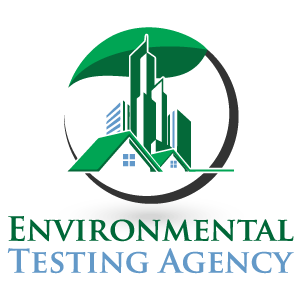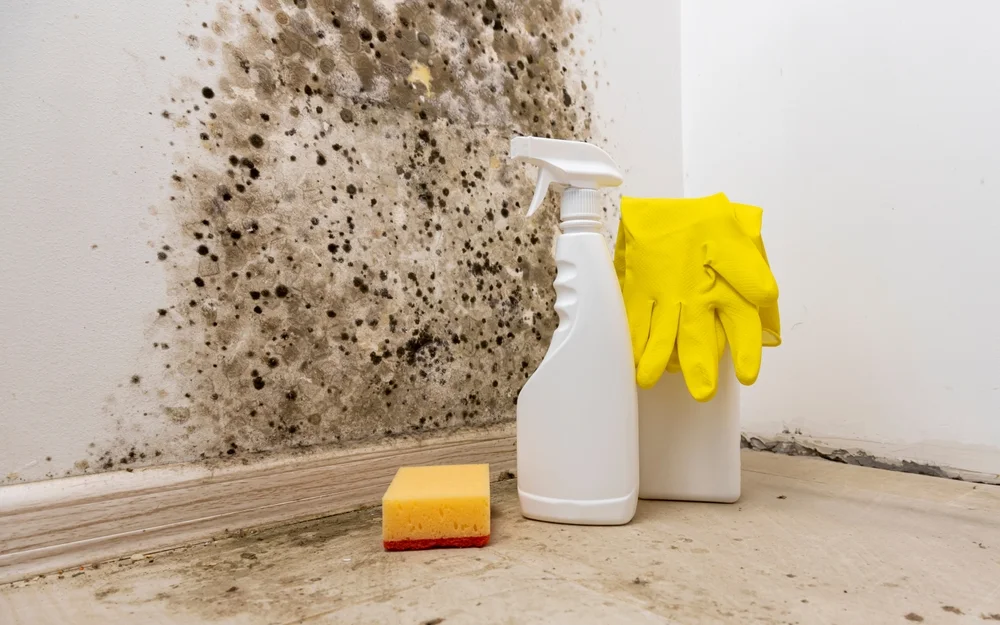Water Quality Testing
In Florida
At ETA, we understand the critical importance of water quality in ensuring the health and safety of your home or business.

With the unique environmental challenges posed by Florida’s city and building plumbing, water testing has never been more essential. Whether it’s ensuring your drinking water is safe, testing well water, or ensuring the cleanliness of your pool, ETA is here to provide professional and reliable water testing services across Florida.
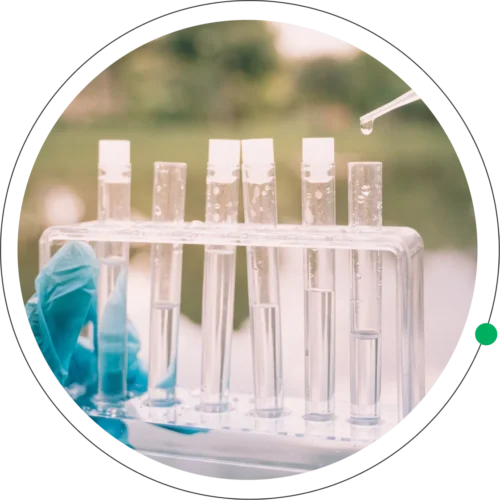

Why Water Quality Testing is Essential in Florida?
Water quality testing is essential in Florida due to the state’s unique environmental conditions, reliance on water resources, and vulnerability to pollution. Regular testing helps protect public health by detecting contaminants like bacteria and chemicals, while also preserving Florida’s delicate ecosystems. It prevents saltwater intrusion, a growing concern in coastal areas, and controls harmful algal blooms that can disrupt tourism and local economies. Additionally, water quality testing ensures compliance with environmental regulations, safeguarding Florida’s natural resources for both residents and visitors.
What are the benefits of
good-quality water for your health?

Promote
Weight Loss
It can help you lose weight because it helps remove excess fluids from the body, which reduces bloating and puffiness due to fluid retention.

Improve
Your Digestion
It helps to cleanse the body and reduces food cravings.
It also flushes toxins and wastes out of the body.


Keep Your Skin
Looking Healthy
It keeps your skin hydrated, which improves its appearance and makes it look more youthful.

Help Prevent
Diseases
Like diabetes mellitus (Type 2), heart disease, high blood pressure, and stroke by reducing swelling caused by fluid retention in the body (edema).

Promote
Weight Loss
It can help you lose weight because it helps remove excess fluids from the body, which reduces bloating and puffiness due to fluid retention.

Improve
Your Digestion
It helps to cleanse the body and reduces food cravings.
It also flushes toxins and wastes out of the body.
Professional Water Quality Testing
Services in South Florida.
Types of Water Testing Services We Offer
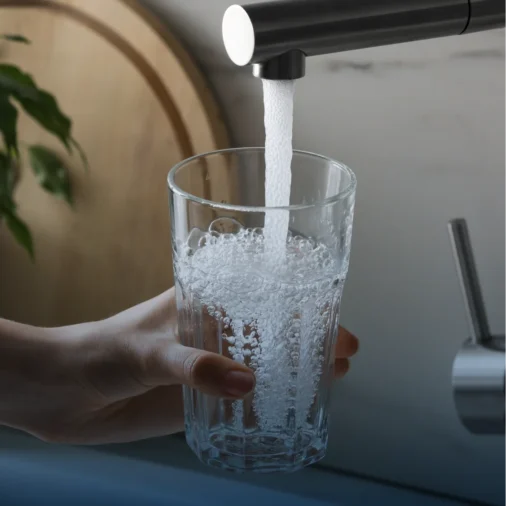
Residential Water Testing
Ensuring your tap water is safe from harmful contaminants like lead, bacteria, and chemicals.
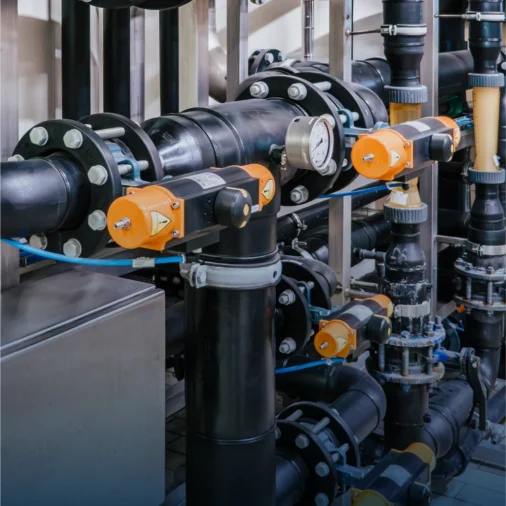
Commercial Water Testing
Essential for businesses that require specific water quality standards for their operations.
Common Water Contaminants in Florida
Florida’s water can be affected by a range of contaminants, including but not limited to

Nitrates
and Nitrites

Heavy
Metals

Pesticides
and Herbicides

Bacteria
and Viruses
Impact of Contaminated Water
On Human Health
Human Health Problems

Digestive System
Disease

Nervous System
Disorders

Organs
Disease

Respiratory System
Disease

Brain
Problem

Body
Disease
How ETA Conducts Water Testing


Book
Online
Book the water quality testing
conveniently
on our website.


Sample Collection
We collect the sample at your doorstep.


Testing
We test the samples at our laboratories.


Results & Guidance
Results are emailed to
you and expert guidance is given.
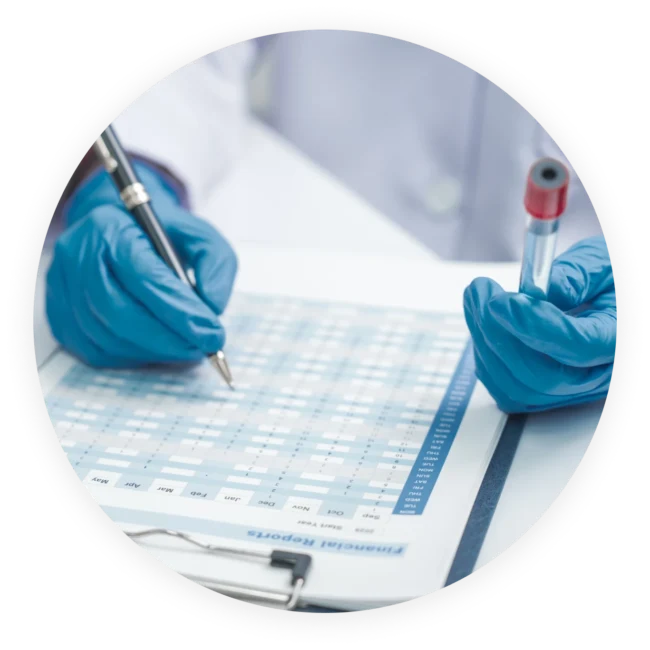
Cost Of Water Quality Testing In Florida
Water quality testing costs vary based on the type and complexity of the test. For an accurate quote tailored to your specific needs, we recommend booking an appointment with our team. Contact us today to ensure your water is safe and compliant.
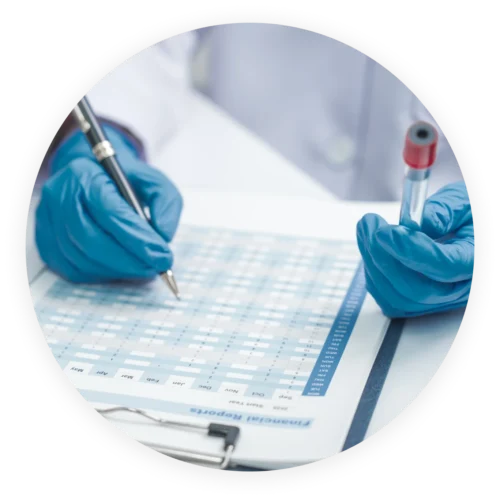
The Role of Regular Water Testing In Preventing Illnesses
How ETA Conducts Water Testing

Identifying Contaminants

Protecting Against Waterborne Diseases

Ensuring Compliance with Regulations

Monitoring Private Wells

Early Detection of Infrastructure Issues

Assessing Treatment Effectiveness
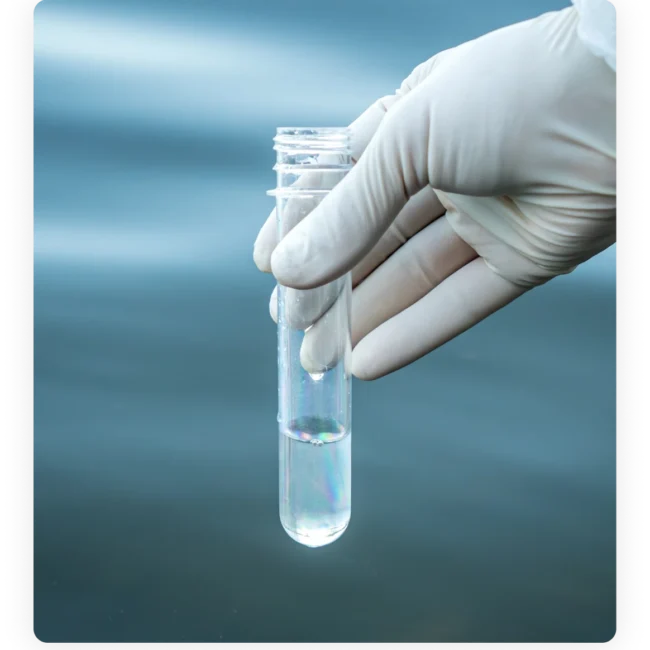
Our Commitment to Water Safety
Ready to be certain about the safety of your water again?
Protect your health or business from water quality problems.
Call ETA today to arrange a more complicated Water Test Service. Rely on us to keep your water safe and up high with its quality level in compliance with all standards.
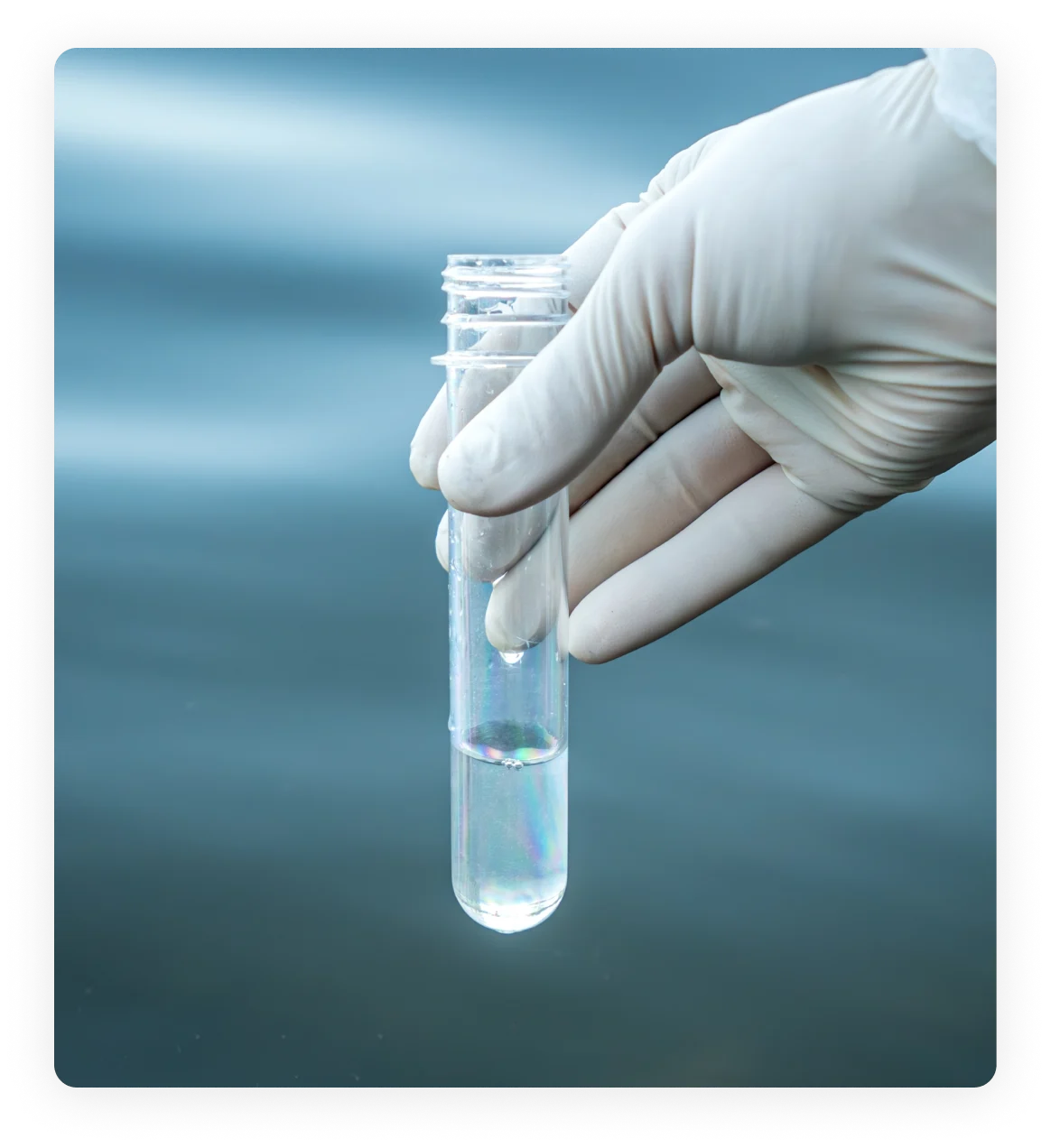
Contact ETA to schedule Your Water Testing Service and rest easy knowing that the water will be pure in your home or business
Water Quality Testing FAQ’S
Beyond common contaminants, seasonal changes, local agricultural runoff, or even issues with aging neighborhood pipes can subtly affect your water.
While individual needs vary, regular testing, perhaps annually or bi-annually, is often recommended to track changes, especially if you have a private well or notice a difference in taste or smell.
Yes, certain contaminants or mineral imbalances in water can lead to scaling, corrosion, or reduced efficiency in appliances like water heaters, dishwashers, and washing machines.
Unusual odors (like sulfur or chlorine), a cloudy or discolored appearance, metallic tastes, or unexplained skin irritation after showering can all be indicators.
Florida’s geology, heavy rainfall, and proximity to coastal areas can introduce specific concerns like saltwater intrusion in wells or increased levels of certain naturally occurring minerals.
Upon identifying an issue, your service provider should offer clear guidance on remediation options, which might include filtration systems, well treatments, or contacting local authorities.
It’s wise to consider testing water from various points in your home, including showers, laundry, and outdoor spigots, as different uses might have different concerns.
Just like humans, pets can be sensitive to water contaminants. Ensuring clean water for them is just as important for their long-term well-being.
Florida follows stringent state and federal guidelines for public water systems, but private wells are the homeowner’s responsibility to monitor.
Professional testing offers a much more comprehensive analysis, detecting a wider range of contaminants with higher accuracy and providing detailed reports and expert interpretations.
Areas We Serve
In Florida
1. Miami Dade
- Coral Gables
- Coconut Grove
- Miami Beach
- Star, Palm & Hibiscus Island
- Key Biscayne
- Keystone Islands
- San Souci
- Miami Shores
- Pinecrest
- Brickel
- Bal Harbor
- Bay Harbor Islands
- Indian Creek
- Surfside
- Eastern Shores
- Sunny Isles
- Aventura
- Golden Isles
- Golden Beach
- The Roads
2. Broward
3.Palm Beach
- Royal Palm Beach
- Lake Worth
- Lantana
- Boca Raton
- Boynton Beach
- Manalapan
- Singer Island
- South Palm Beach
- North Palm Beach
- Tequesta
- Highland Beach
- Ocean Ridge
- Country Club Acres
1. Miami Dade
- Coral Gables
- Coconut Grove
- Miami Beach
- Star, Palm & Hibiscus Island
- Key Biscayne
- Keystone Islands
- San Souci
- Miami Shores
- Pinecrest
- Brickel
- Bal Harbor
- Bay Harbor Islands
- Indian Creek
- Surfside
- Eastern Shores
- Sunny Isles
- Aventura
- Golden Isles
- Golden Beach
- The Roads
2. Broward
- Bonaventure
- Hallandale
- Miramar
- Hillsboro Beach
- North Lauderdale
- Coconut Creek
- Hollywood
- Sea Ranch Lakes
- Oakland Park
- Sunrise
- Coral Springs
- Parkland
- Dania
- Lauderdale By The Sea
- Pembroke Park
- Tamarac
- Davie
- Pembroke Pines
- University Park
- Deerfield Beach
- Plantation
- Weston
- Fort Lauderdale
- Lighthouse Point
- Pompano Beach
- Wilton Manors
3. Palm Beach
- Royal Palm Beach
- Lake Worth
- Lantana
- Boca Raton
- Boynton Beach
- Manalapan
- Singer Island
- South Palm Beach
- North Palm Beach
- Tequesta
- Highland Beach
- Ocean Ridge
- Country Club Acres
- Jupiter
- Palm Beach
- Jupiter Inlet Colony
- Palm Beach Gardens
- Wellington
- Jupiter Island
- Palm Beach Shores
- Delray Beach
- Palm Springs
- Lake Clarke Shores
- Pelican Lake
- West Palm Beach

